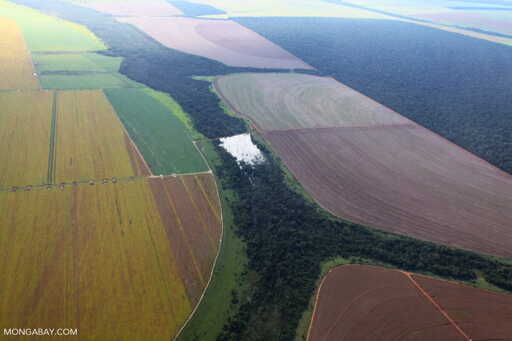BELÉM, Brazil — At a Nov. 19 press conference at the U.N. climate summit currently underway in Brazil, European Union officials spoke for half an hour without a single mention of forests or efforts to halt deforestation — even though COP30 is taking place in a city dubbed the “gateway to the Amazon.” For Boris Patentreger, senior director for France at advocacy group Mighty Earth, the silence captured a wider problem: back in Europe, governments are moving to weaken the EU’s flagship antideforestation law, the EU Deforestation Regulation (EUDR). “That [press conference] was the last moment to say that we want to keep the EUDR. And they didn’t say that,” he told Mongabay. “And actually, I was really surprised because there was no question about deforestation. It was only a question about climate.” Adopted in June 2023, the EUDR was meant to cement the EU’s environmental leadership. Once in force, it will require importers of cocoa, coffee, palm oil, cattle, timber and rubber products to prove their products aren’t linked to deforestation. The EUDR was designed to protect tropical forests in places like the Amazon and Indonesia, which continue to shrink at alarming rates, driven in large part to meet consumption demand in wealthy markets. The EU is the world’s second-largest driver of imported deforestation, after China. But political momentum has shifted sharply inside the bloc. The EUDR was meant to go into force at the end of 2024. This was then delayed by a year, pushing the enforcement date…This article was originally published on Mongabay
From Conservation news via this RSS feed


